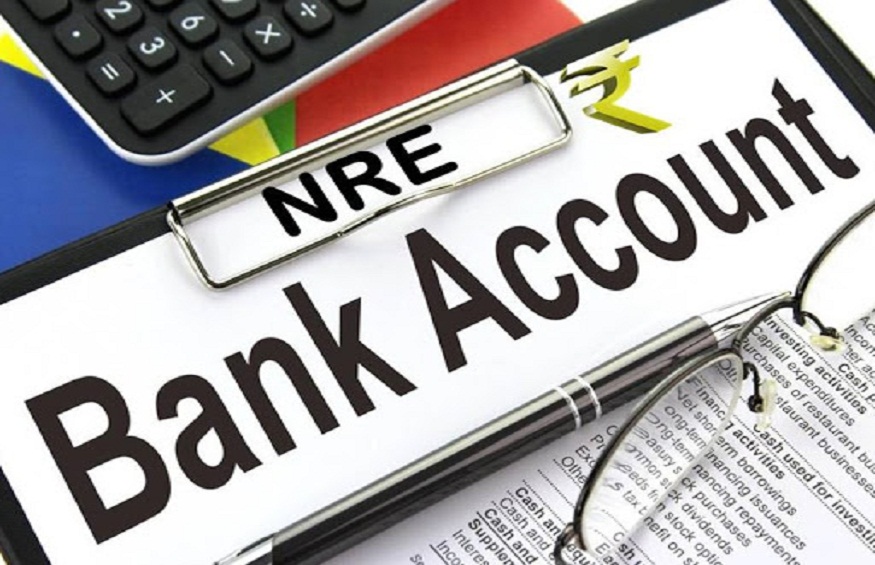Here’s a quick read on the different types of bank accounts that NRI’s can operate in India.
Confused about which NRI bank account to open in India? It’s a common dilemma faced by NRIs who want to transfer foreign earnings to loved ones, build a corpus for future needs, or invest in the Indian stock market. No worries, we’ve got you covered. As per Indian law, NRIs can open and maintain three types of bank accounts (NRE, NRO, or FCNR) in the country. Let’s discuss the key features of each NRI account to help you make an informed decision.
Non-Resident External (NRE) Account:
This is a rupee dominated account primarily used to park foreign earning in any currency. The money is converted into INR at the prevailing foreign exchange rate at the time of deposit. NRE bank accounts are available in various formats, namely savings, current, recurring, or a fixed deposit. They can be held singly or jointly with another NRI.
NRE bank account deposits provide several benefits. Both the principal amount and the interest earned is exempt from wealth and income tax. Funds from an NRE account are fully and freely repatriable. In short, depositors are free to transfer money outside India without any restrictions. The account can be utilised for personal use, business purpose as well as investments in India. Moreover, loans/overdrafts facility can be availed against an NRE fixed deposit. The NRE bank account can be re-designated as a regular resident account once the NRI returns to India permanently. Last but not least, a nomination is permitted.
Non-Residency Ordinary (NRO) Account:
An existing bank account can be turned into an NRO account if the account holder moves abroad. Like NRE, this account is also maintained in Indian rupees and can be held as savings, current, recurring, or term deposit. An NRO account is ideal for people who have income from local sources like dividends, rental income, pension, etc. Furthermore, utility bills, insurance premiums, or EMIs can be routed through this account. Funds in NRO accounts are repatriable but with certain conditions. As per the Foreign Exchange Management (Remittance of Assets) Regulations, 2016, the maximum limit is $1 million in a financial year.Also, the interest accrued is taxable. On the plus side, an NRO account can be held jointly with a resident Indian or another NRI. A loan and nomination facility is available. And yes, on return to the homeland for good, an NRI can convert his NRO account into a resident rupee account.
Foreign Currency Non-Resident (FCNR) Account:
This account allows NRIs to stash the money earned overseas in foreign denominations. It runs in the fixed deposit format with a tenure ranging between1 to 3 years. Deposits can be made in any free convertible currency (U.S. Dollar, Canadian Dollar, Australian Dollar, Pound Sterling, Euro, Japanese Yen, and Deutsche Mark). The FCNR provides good returns without the risk of forex rate fluctuations. There’s more! The interest earned is tax-free, and the entire FCNR deposit is fully repatriable. Other facilities include access to loans, joint operations with a resident Indian, and automatic renewal of deposit on maturity to name a few.
Now that you know about the distinct characteristics, features, and benefits of the three major types of NRI accounts available in India, what’s stopping you? Go ahead and pick the option that is most suitable for your banking needs.




